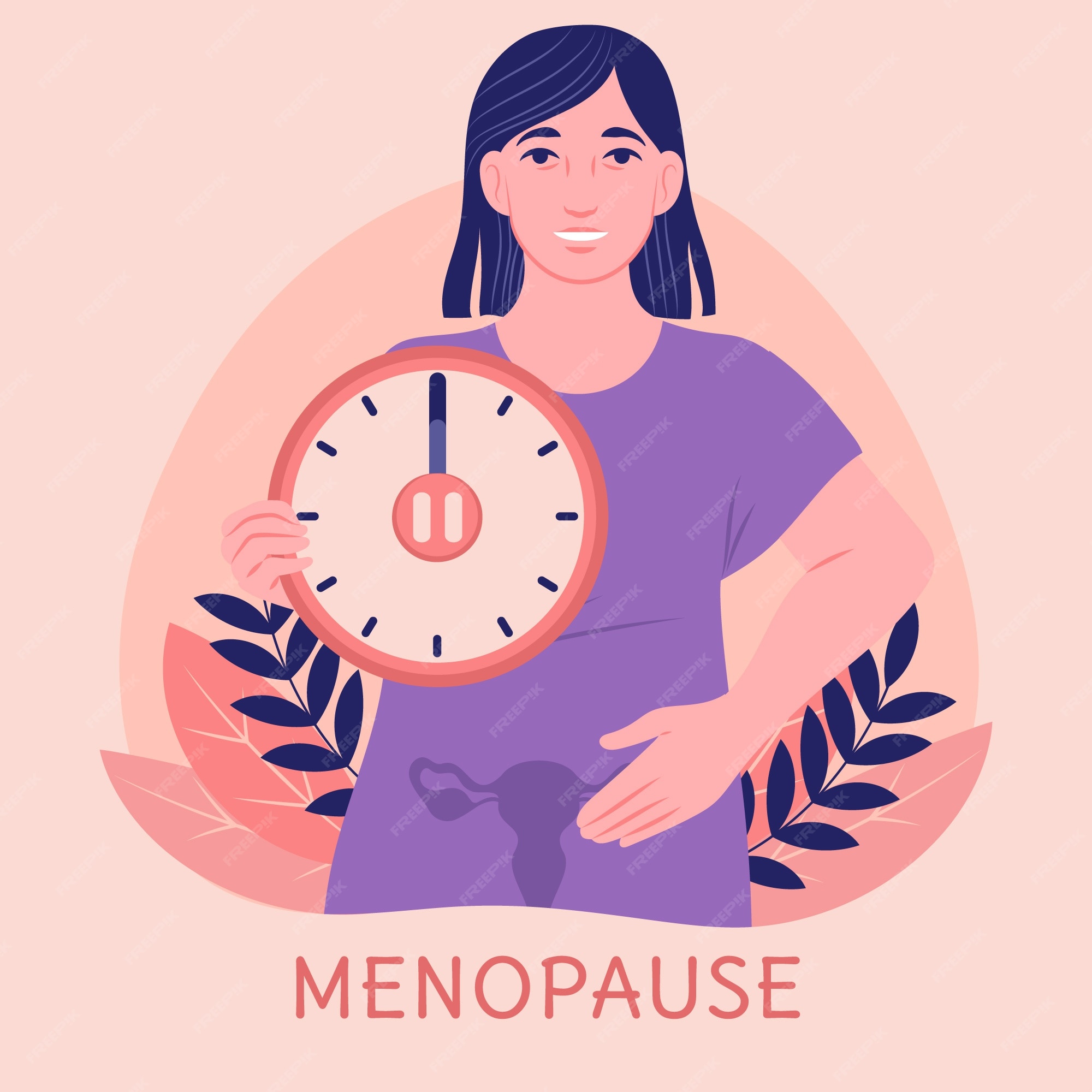Back
How does Menopause Affect Your Pelvic Floor?
By Shannon Strauch, PTA, STMT-1 on 9/26/2023

Menopause marks a significant chapter in a woman's life. Often described as the 'change of life', it signals the end of a woman's reproductive ability. While its most widely recognized symptom is the cessation of menstrual periods, the myriad of physiological changes that accompany this transition can have profound effects on various aspects of health, including the function and health of the pelvic floor.
Understanding Menopause and Its Implications
Menopause usually occurs in women between the ages of 45 and 55, though it can manifest earlier or later. As women approach this stage, their ovaries produce lower amounts of estrogen, leading to the end of the menstrual cycle. Estrogen, apart from its reproductive functions, has protective properties, especially in maintaining the elasticity and strength of tissues, including those in the pelvic region.
As estrogen levels decline, women might start noticing:
Vaginal Dryness and Tissue Thinning: The decrease in estrogen results in less lubrication, leading to dryness. The vaginal tissues also become thinner and less elastic, sometimes leading to discomfort or pain, especially during sexual intercourse.
Incontinence: The reduced strength and elasticity of the pelvic tissues can affect bladder control. Stress incontinence, where coughing, sneezing, or exercise can cause urine leakage, becomes more common. Urgency incontinence, an overwhelming need to urinate immediately, might also manifest.
Pelvic Organ Prolapse: As the name suggests, pelvic organ prolapse is when a pelvic organ, such as the bladder, drops from its normal place in the abdomen and pushes against the walls of the vagina. This can feel like a pelvic pressure or, as some describe it, "sitting on an egg."
Constipation: Changes in the pelvic floor muscles can lead to bowel movement changes, often causing constipation or even fecal incontinence in severe cases.
The Silver Lining: Pelvic Floor Physical Therapy
Although menopause's hormonal changes are inevitable, it doesn't mean women should resign themselves to living with discomfort or pain. Pelvic Floor Physical Therapy (PFPT) can be a beacon of hope for many women navigating these challenges.
Why Pelvic Floor Physical Therapy is Crucial
Restoring Strength and Function: A trained pelvic floor physical therapist can guide women through exercises that specifically target and strengthen the pelvic floor muscles. Like any other muscle in the body, the pelvic floor muscles can be trained and strengthened, thus improving their function.
Tackling Incontinence: Through PFPT, women can regain control over their bladders. The therapy can teach them to recognize and engage the right muscles, helping reduce instances of both stress and urgency incontinence.
Reducing Pain: For women experiencing pain due to vaginal dryness and tissue thinning, PFPT can provide techniques and treatments to decrease tissue sensitivity. This includes gentle massages, stretches, and sometimes the use of devices designed to improve tissue elasticity.
Empowering Women: Understanding the changes that one's body is undergoing and being proactive about addressing potential issues can be immensely empowering. PFPT not only provides physical relief but also educates women, giving them the tools and knowledge they need to navigate this phase confidently.
Improving Sexual Health: As discomfort or pain can affect intimacy, PFPT techniques can help in addressing and mitigating these challenges, thereby improving a woman's sexual health and quality of life.
Holistic Approach: A physical therapist doesn't just focus on the pelvic region. They can offer a holistic approach to improve overall body strength, posture, and flexibility, essential aspects that can indirectly support and enhance pelvic health.
In Conclusion
Menopause is a natural phase in every woman's life, but the physical challenges it brings aren't a mandate. By integrating Pelvic Floor Physical Therapy into their health regimen, post-menopausal women can effectively address and mitigate many of the pelvic health challenges arising from this transition. Remember, while menopause is a chapter, it's not the entirety of the book, and with the right interventions, you can ensure it's a comfortable, empowering chapter in your life's journey.
Navigating menopause and its effects on your pelvic health doesn't have to be done alone. If you or someone you know is experiencing challenges related to menopause and pelvic floor health, our experts at the Pelvic Health Physical Therapy Center in Madison, NJ are here to help. Take proactive steps for your well-being. Schedule your consultation today at 908-443-9880 or reach out to us at receptionmadison@pelvichealthnj.com.
Works Cited:
Read More:
How Chronic Pelvic Congestion in Men Contributes to Prostatitis By Shannon Strauch, PTA, STMT-1 on 12/11/2024 How lymphatic issues can cause symptoms of prostatitis Prostatitis and Tight Pelvic Floor Muscles: A Comprehensive Guide By Shannon Strauch, PTA, STMT-1 on 12/10/2024 How a tight pelvic floor can be the reason for prostatitis symptoms
Are you ready to live pain free?
Request An Appointment